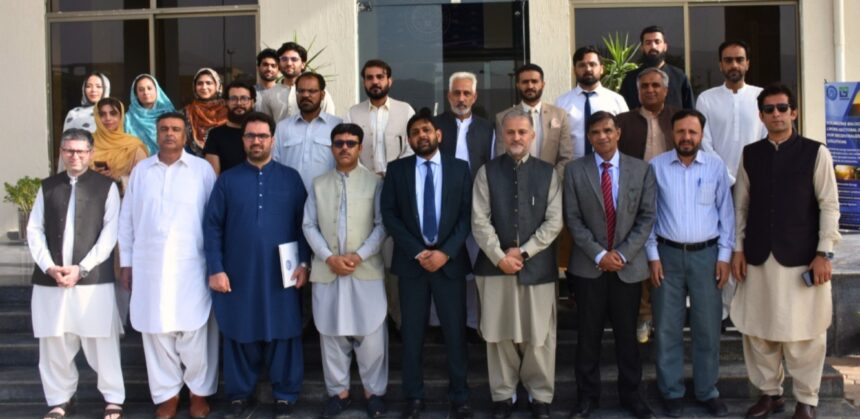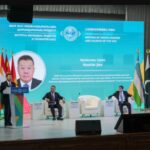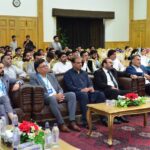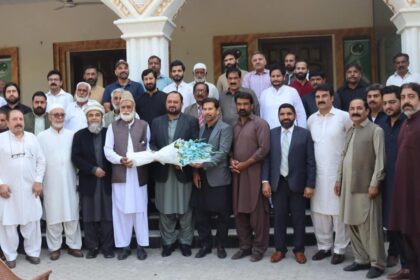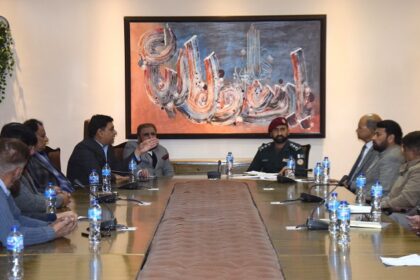A roundtable on decentralized energy solutions in Balochistan brought together key stakeholders from academic, governmental, and community backgrounds to discuss the sustainable energy future of the province. The event, titled “Cross-Sectoral Dialogue for Decentralized Energy Solutions,” was jointly organized by the U.S.–Pakistan Center for Advanced Studies in Energy at NUST and the Institute for Development Studies and Practices at the NUST Balochistan Campus in Quetta.
Academic leaders opened the proceedings by highlighting comprehensive approaches to meet Balochistan’s unique energy challenges. Professor Dr. Adeel Waqas, Principal of USPCAS-E NUST, emphasized the potential for combining photovoltaic and solar-thermal systems to provide power for agriculture, potable water, and other essential services, setting the stage for future policy frameworks on decentralized energy deployment. Dr. Mughees Aslam, Dean of NUST Balochistan Campus, underscored the province’s mineral wealth and the critical role of solar energy in driving regional development.
Community engagement and youth empowerment were also at the forefront. Mr. Safdar Hussain from IDSP highlighted the necessity of decentralized solutions tailored to local needs and pointed to the organization’s ongoing efforts in supporting energy transformation, especially among Balochistan’s youth. Ms. Mamoona Nabi, senior researcher at IDSP, detailed the region’s acute energy and water shortages and presented a solar-powered initiative for farmers, addressing the impact of crop losses and gaps in rural infrastructure.
In the first panel session, moderated by Dr. Majid Ali, faculty from leading universities stressed the importance of thorough lifecycle assessments and integrating robust waste management and community-centered governance into energy solutions. Innovations in microgrid technology, dust-resistant maintenance for solar panels, and targeted skill-development curricula emerged as key areas for achieving durable performance and local ownership. Faculty members, including experts from BUITEMS, University of Balochistan, BUET Khuzdar, and NUST Balochistan Campus, shared research and practical perspectives on environmental sciences, physics, engineering, and mining.
Presentations further called for community-driven microgrid projects with innovative financing and monitoring systems. Research associates from USPCAS-E NUST showcased their ongoing projects, illustrating local advances in clean energy technologies and practical deployment.
The government session featured ambitious plans to transition agricultural tube wells from diesel to solar power, expand renewable electrification to off-grid schools and health facilities, and construct check dams and recharge wells. Authorities outlined proposals for three large-scale 50 MW solar plants and five additional microgrid installations across Balochistan. Comprehensive resource mapping highlighted the region’s significant solar and wind energy potential.
Government representatives, including officials from the Energy, Agriculture, Irrigation, and Environment Departments of Balochistan, reaffirmed their commitment to driving these initiatives and collaborating with academic and community partners to achieve provincial development goals.
The successful conduct of the event was supported by administrative teams from USPCAS-E NUST, with special recognition given to faculty and staff who facilitated expert discussions and logistical arrangements. Organizers, participants, and contributors were thanked for their leadership and guidance in fostering a collaborative approach to Balochistan’s energy transformation.




